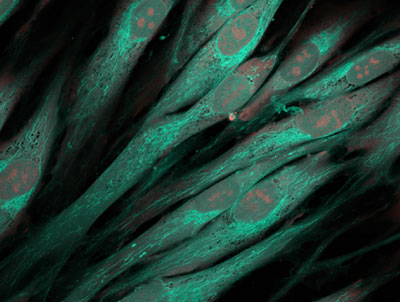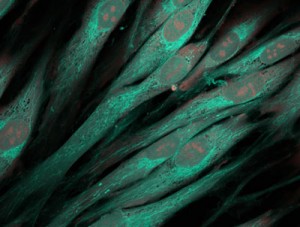NICE says ‘yes’ to pembrolizumab for advanced melanoma
Posted: 7 October 2015 |
Pembrolizumab was the first drug to be approved through the Medicines and Healthcare Products Regulatory Agency’s Early Access to Medicine Scheme (EAMS)…


The UK’s National Institute for Health and Care Excellence (NICE) has recommended MSD’s Keytruda (pembrolizumab) for treating advanced melanoma after treatment with Yervoy (ipilimumab).


NICE has recommended that pembrolizumab is made available on the NHS as a treatment for some patients with advanced melanoma which is either unresectable or metastatic. Pembrolizumab has a marketing authorisation in the UK as monotherapy ‘for the treatment of advanced (unresectable or metastatic) melanoma in adults’. This is broader than the indication covered by this appraisal which looked at using pembrolizumab in people who had already had ipilimumab.
Pembrolizumab is recommended: after the disease has progressed with ipilimumab and, for BRAF V600 mutation-positive disease, a BRAF or MEK inhibitor; and when the company provides pembrolizumab with the discount agreed in the patient access scheme.
Pembrolizumab first drug approved through the Early Access to Medicine Scheme
Pembrolizumab was the first drug to be approved through the Medicines and Healthcare Products Regulatory Agency’s Early Access to Medicine Scheme (EAMS). The scheme aims to give patients with life threatening or seriously debilitating conditions access to medicines that do not yet have a marketing authorisation when there is a clear unmet medical need.
Professor Carole Longson, NICE Health Technology Evaluation Centre Director said, “We are pleased to be able to recommend pembrolizumab, the first EAMS drug, in final guidance. There were over 13,000 people diagnosed with malignant melanoma in the UK in 2011, and melanoma accounts for more deaths than all other skin cancers combinedi. This will be welcome news to patients and healthcare professionals alike.”
Life Sciences Minister George Freeman MP said, “This is good news for the thousands of patients diagnosed with malignant melanoma every year, who can now be treated with this life-enhancing medicine.”
Related organisations
MSD, National Institute for Health and Clinical Excellence (NICE)




